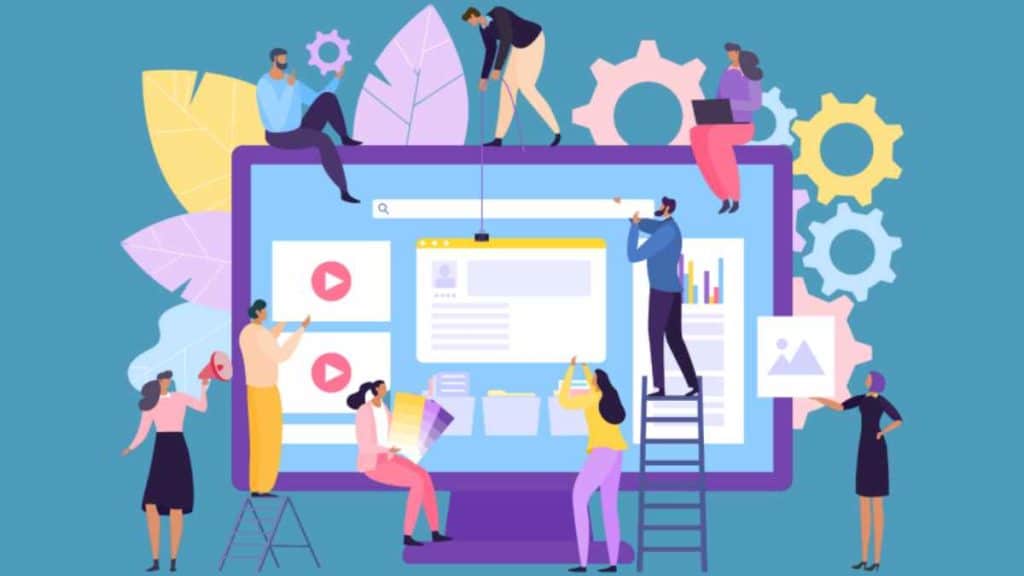As a business leader, efficiency should always be top of mind. Higher efficiency means more projects completed, more revenue generated, and a team that’s working seamlessly. It feels almost easy to manage a team that’s always using their time and resources effectively.
Unfortunately, efficiency doesn’t happen automatically. Developing personal efficiency and then bringing a whole team on board is a task that requires conscious effort and oversight. Don’t let that thought scare you, though: An efficient team is still a realistic goal to set.
There’s no time like the present to try to bring your team up to the next level. Your job as the leader is to spearhead the efficiency efforts. Here are some ways you can lead the charge.
Align Your Team’s Efforts With Strategic Objectives
You can’t expect to be efficient if you’re working on things that don’t advance your business goals. That’s why successful companies follow a roadmap that provides direction and guides the company’s decision-making.
This approach to business is called strategic alignment, where you work to ensure that the actions you take ultimately work toward a common objective. If workers don’t understand the team’s vision and how their tasks contribute to it, they can’t prioritize their work in the most efficient way.
When employees buy into the company’s vision, and their efforts are aligned with strategic objectives, they can do their most impactful work every day. A sense of purpose helps improve the work experience in all of its aspects.
Embrace the Remote Life
The early days of COVID-19 gave a lot of people a glimpse into what it’s like to work from home. Some workers couldn’t wait to get back into the office setting, where they felt more comfortable and established. However, a significant percentage of employees really enjoyed the WFH life and even became more productive by working remotely.
Talk with your team to gauge their interest in working from home. Eliminating wasteful commutes and improving work-life balance can do a lot to motivate and invigorate your employees. This boost in energy and morale can lead to an increase in productivity and overall efficiency.
Work With Automation
Don’t worry; robots aren’t coming to take your team’s jobs just yet. However, automation can be quite helpful at lightening your workload. It can cover the simple and repetitive tasks that, while necessary, can bog down your team’s efficiency and productivity.
Take a digital chatbot, for example. This automated helper can be added to your company website to answer user questions and help customers and prospects locate resources. With this bot on your side, team members won’t have to spend as much time answering phone calls and emails that disrupt their workflow.
Automation can simplify paperwork, project planning, and even social media campaigns. Anywhere there is an inefficiency in your business, you can look for an automated solution that can streamline your efforts. Even a single automated addition to your operations can have a significant impact on your team’s efficiency.
Be Smart About Meetings
Meetings are a crucial part of team success. They offer a time for team members to come together and talk about strategy, ask questions, and make decisions. But there’s no denying that meetings can also be an enormous time suck. The smarter you are about executing meetings, the more efficiency you can spur within your team.
Start by fine-tuning the frequency of your meetings. Despite what many managers out there might think, holding weekly status meetings isn’t necessarily a good thing. An overabundance of meetings may end up being counterproductive, as the same points are simply repeated and less time is spent on actual project work.
Once you’ve landed on the optimal frequency, focus on making each meeting meaningful. Come prepared with a specific agenda for every meeting you plan — better yet, circulate it beforehand. Get team members involved by asking them to share, present, and participate from time to time. By taking these steps, the meetings you hold will actually be productive and help your team be more efficient with their remaining time.
Define Roles and Expectations
The clearer you can be about roles and expectations, the more efficient your team will become. Everyone should be aware of their exact job description and what the team as a whole expects from their individual position. This improves communication, delegation, and other logistical factors that can affect a team’s efficiency.
You can easily see the importance of understanding your role while watching a sporting event. The best teams have players who know exactly what they’re there for. If everyone on a soccer team is only focused on scoring instead of also passing and defending, the team won’t win a lot of games.
Start by clearly defining the roles and responsibilities of each team member. This will prevent task overlap and wasteful duplication of work. A publicly posted org chart with clearly stated role responsibilities will make these delineations visible to all.
Efficiency doesn’t come easily, but it’s always worth the extra effort. Your team members’ time is precious, and it’s up to you to help them use it in the most value-producing ways. When their work is aligned with strategic objectives and facilitated with the right tools and practices, improved efficiency will be the result.
